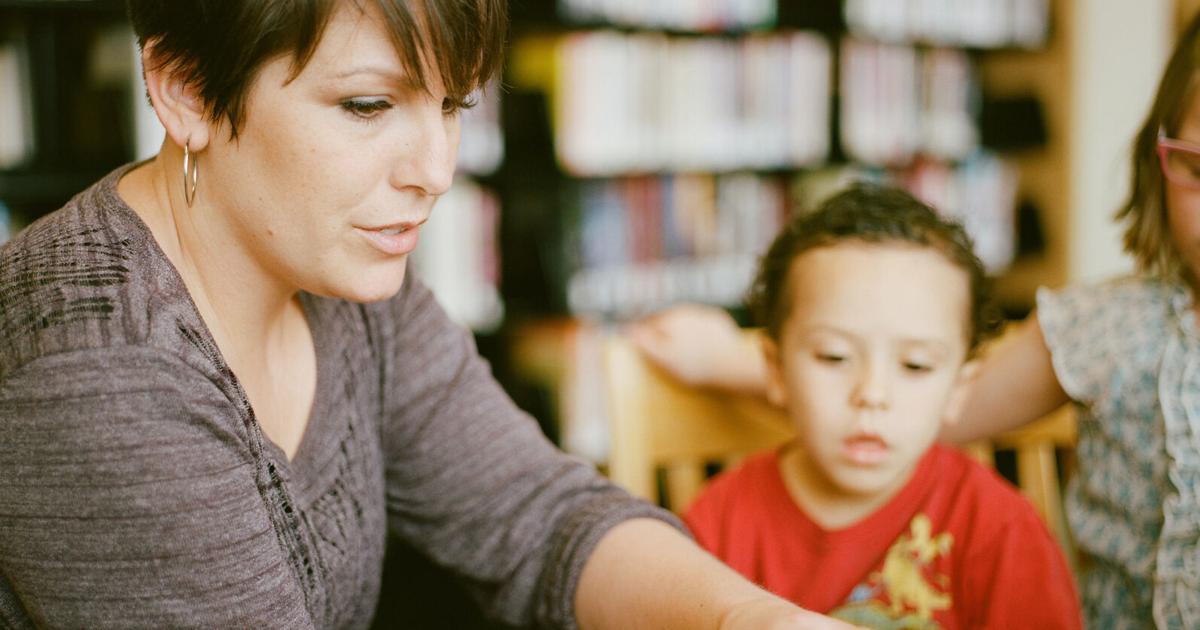The Benefits of Open Houses for Parents


Discovering the Perfect Education: The Value of School Open House Events
As parents navigate through the maze of educational options for their children, understanding the nuances of different schools becomes crucial. One invaluable resource in this journey is attending school open house events. These gatherings not only provide insights into a school’s culture and values but also empower parents to make informed decisions about their child’s educational path.
Connecting with Faculty and the Community
Imagine stepping onto the campus of a potential school for your child. The ambiance, the energy, and the people all contribute to a sense of belonging—or lack thereof. Andrea Nelson, assistant director of admissions for early childhood through fifth grade at Laurel School in Shaker Heights, explains that open houses provide a unique opportunity for families to experience this atmosphere firsthand. “Open houses are a great opportunity to get the feel of a school,” she says. Engaging directly with faculty members and observing the daily activities can significantly influence a parent’s perspective.
Laura Jones, the director of marketing and development at Lawrence School with campuses in Broadview Heights and Sagamore Hills, emphasizes the importance of these interactions. She states, “Having the opportunity to visit a school campus is incredibly important for parents of prospective students.” Open house attendees often arrive with a plethora of questions, covering everything from academic rigor to athletic opportunities. Schools typically welcome these inquiries, aiming to provide clarity around the educational experience.
Learning from Current Students
An intriguing aspect of open houses is the involvement of current students. Many schools invite pupils to participate in these events, offering their perspectives on daily life at the institution. This peer insight can be invaluable. It offers parents a glimpse of student experiences in a way that’s both authentic and relatable. “Hearing from students actively participating in their education helps parents better understand the daily life in the classroom,” Nelson notes. By engaging with current students, prospective families can better envision how their children might fit into the school community.
Immersing in the School Environment
Attending an open house isn’t merely about asking questions; it’s about immersion. Nelson notes, “Visiting a school in person allows families to gather information, make connections with students and faculty, and immerse themselves in the life of the school.” Such engagement enables parents to visualize their children as part of this community, setting the stage for future interactions and experiences.
Jones agrees, adding that the open house is distinct from simply gathering information online. “The experience is completely different from learning about a school via a website. An in-person visit helps ease the unease that can accompany the unknown,” she says. In an age where digital resources dominate our information-gathering processes, the personal touch of an open house is irreplaceable.
Assessing Educational Offerings and Extracurriculars
Beyond the general feel and faculty interactions, parents are keenly interested in what a school offers academically and beyond. Questions typically arise regarding curricular offerings, classroom structure, and after-school programs, including sports, music, and clubs. Schools understand this and make it a point to highlight their unique offerings during these events.
During open houses, schools encourage parents to delve into the various extracurricular activities available. These activities often play a critical role in shaping a child’s school experience and overall development. Nelson mentions that parents often inquire about how students spend their time outside classrooms, showcasing the importance of well-rounded educational environments.
A Welcoming Atmosphere for All
Finally, it’s essential to highlight that the primary goal of open houses is to foster a welcoming environment for families. “We want parents and students to feel at ease,” Jones explains. Transitioning to a new school can be daunting; attending an open house alleviates some of that apprehension. Schools aim to provide a range of resources and information that can guide families in their decision-making process regarding their child’s future education.
In conclusion, open house events are more than mere introductions to educational institutions; they serve as a bridge connecting families with potential schools, faculty, and student communities. By attending these events, parents not only gather crucial information but also become part of a larger educational community, making informed decisions that will shape their children’s futures. As you embark on this journey, keep an eye out for upcoming open houses in your area—your child’s educational experience may very well depend on it!






